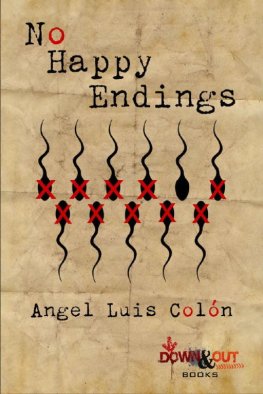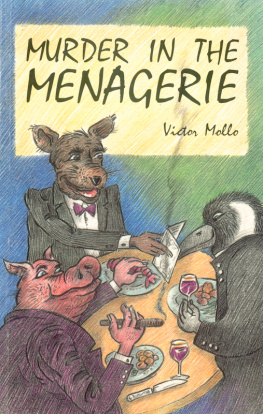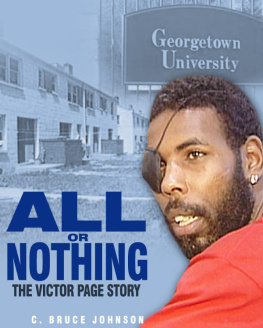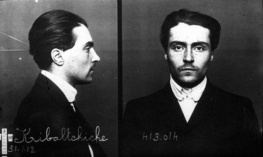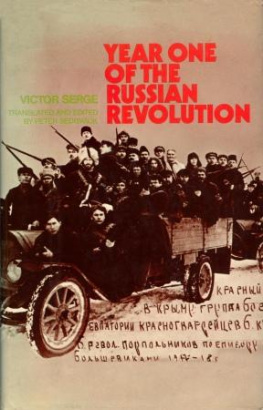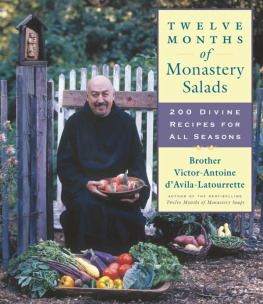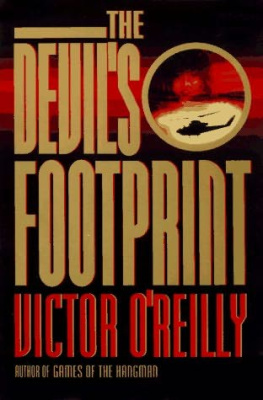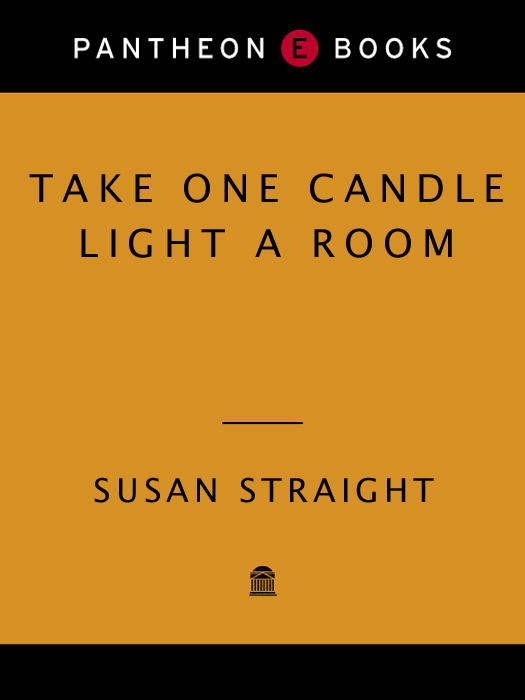ALSO BY SUSAN STRAIGHT
A Million Nightingales
Highwire Moon
The Gettin Place
Blacker Than a Thousand Midnights
I Been in Sorrows Kitchen and Licked Out All the Pots
Aquaboogie

This is a work of fiction. Names, characters, places, and incidents either are the product of the authors imagination or are used fictitiously. Any resemblance to actual persons, living or dead, events, or locales is entirely coincidental.
Copyright 2010 by Susan Straight
All rights reserved. Published in the United States by Pantheon Books, a division of Random House, Inc., New York, and in Canada by Random House of Canada Limited, Toronto.
Pantheon Books and colophon are registered trademarks of Random House, Inc.
Library of Congress Cataloging-in-Publication Data
Straight, Susan.
Take one candle light a room / Susan Straight.
p. cm.
eISBN: 978-0-307-37953-5
1. Identity (Psychology)Fiction. 2. Travel writersFiction. 3. Family secretsFiction. 4. BlacksRace identityFiction. I. Title.
PS3569.T6795T35 2010 813.54DC22 2010012683
www.pantheonbooks.com
v3.1
In memory of my father-in-law, General Roscoe Conklin Sims Jr., Stanford Lanier Sims, Charles Sims, Tommie Chatham Jr., Stan Davis, John E. Murphy, Emory Elliott, Oscar Harper, John New-cat Bratton, and especially my brother, Jeffrey Paul Watson.
For Dwayne Sims, General RC Sims III, Carnell Sims, Derrick Sims, Eddie Chandler Jr., Trent Chatham, and all the men in the driveway; for my nephews, General IV, Aanais, Evan, Richard Stuxx and Jarrod, Leroy and Tony, Corey and Cortez, EJ III and Marcus and David and Kendall, and especially for Sensei Sims.
Contents
PART ONE
There are places we fear, places we dream, places whose exiles we became and never learned it until, sometimes, too late.
THOMAS PYNCHON ,
Against the Day
APACHE
I KEEP THE TWO PHOTOS on the ebony sideboard in my small dining room.
The first is black-and-white, but has taken on that edgy silvery-brown look of a gelatin print. It is Louisiana, 1958. The five young women stand beside a truck with a curved hood, the word Apache in chrome letters beside my mothers hip.
They are sixteen. They are leaving their homes.
Their faces are stark and somber, varying shades of amber and gray in the cold winter light. Claudine, with hooded eyes, a plumpness around her jaw from the baby, her arms crossed over breasts swollen like bags of rice under her shirt. Felonise, hair in a pompadour over her thin face, her coat collar too big around her flowerstem neck. Mary, black eyes fierce and slanted, the dark scar still visible on her face where his ring gouged out a kernel of skin on her left cheekbone. Zizi, whose light gray eyes are clear as water, her thick black braid askew on her head. And my mother, Marie-Claire, her face pale and round as a tortilla, her dark brows like tadpoles swimming toward each other, the only one who tried to smile for the camera.
He hadnt gotten her, or Felonise. Mr. McQuine.
It was my mother who told me the story, so that I would stay home, safe, and never trust the outside world, or the white people in that world.
If he operated now, hed be called a serial rapist or night stalker with a nickname like the Hillside Strangler or the Westside Rapist. But back then, in rural Louisiana in the 1950s, he didnt even make the news. He had only his own name, and that was enough. He was Mr. McQuine, and everyone knew to be afraid of him and his light blue car skimming along the road past the houses. In the dark, my mother said, the car was like a garfish swimming at night, the front grille its teeth bared. But in the daytime, the car was even worse, because it faded into the color of the pale sky and the dust cloud around it when Mr. McQuine drove slowly past peoples yards to look for smoke rising from a chimney and a girl who might have stayed home from school.
After he took the first three girlsClaudine and Zizi and Maryand the sheriff wouldnt even come out, they knew. No one cared. No one would make him stop.
Claudine was walking home from her aunts house. Shed stayed out of school to help her aunt with a new baby. Mr. McQuine caught her on the road from Seven Oaks where it winds along the bayou and then cuts through the woods to Sarrat.
He kept her all night. When she made the porch of her house, she could barely walk. No one had phones, so they thought shed stayed at her aunts with the baby.
She had her own baby in the fall. Eyes pale gold as corn shucks. Her mother held it, but she wouldnt. Her father took it away to a cousin somewhere. When he came back he wouldnt say where.
Mr. McQuine caught Zizi in her house, when she played sick to miss church, and after she tried to hit him with an iron he grabbed her wrist and broke it.
He caught Mary hanging laundry in the yard behind her mothers house, when everyone else was out weeding the cane. She fought, too, and he slapped her across the face. Blood welled into the dent left by the sapphire.
It was that scar like a brand that made my father, Enrique, crazy.
He said his grandmother used to tell him about her mother, Moinette Antoine, who was a slave, and the brand burned into her shoulder by the man who said he owned her.
My father went hunting for Mr. McQuine. He went to the Time Out, where Mr. McQuine and the other white men drank, but the men only laughed and told him to buy beer at the back porch. Mr. McQuine knew, though, what Enrique wanted. Weeks later, Enrique waited in the dark kitchen at Seven Oaks after midnight, when everyone was asleep. But when the blue Chevrolet parked in the gravel, Mr. McQuine came into the kitchen with his gun already out, and he made Enrique put his own gun on the antique wooden table. He lay three envelopes on the table, moved his gun to make Enrique open each envelope and pull out the long strands. The first black and curled as moss; the second wavy and brown; the third Indian-straight and thick as horsetail.
Claudine, Zizi, Mary.
Mr. McQuine sat at his kitchen table, his gun and Enriques in either hand. He said, I smell you when I come in. Trespassing punishable by death. Mr. McQuine was near sixty, so fat that his stomach folded like a mushroom inside the white shirt, and his black tie pointed to a pool of sweat that made the cotton transparent.
Enrique waited for him to shoot.
But Mr. McQuine laughed. He told Enrique when he pulled the hair from their heads it was part of an experiment. It was science. The hair of a child might have turned out blond, if the blood had been improved. But he hadnt been able to check the hair, because the baby was gone. Then he told Enrique to go home.
Next time, Mr. McQuine said.
Blond hair next time. That would have been my mother.
They packed up the girls in the night, in that old white truck named Apache, where they sat huddled in the metal bed, hidden under blankets and sacks of rice, driven in the dark from Sarrat to Baton Rouge, where they caught a Greyhound bus that took them to Rio Seco, California, to live with Mrs. Herbert Batiste, who had left Baton Rouge years ago. She ran a boardinghouse where they would be safe.


